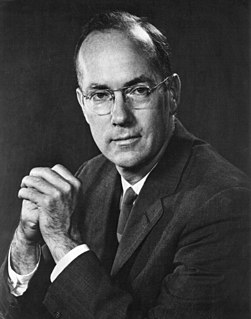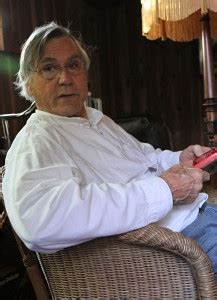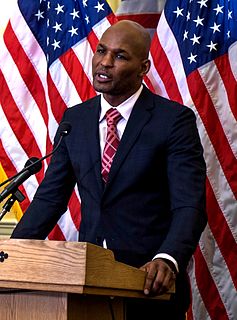A Quote by Deborah Harkness
I was a terrible science student, and for a long time, I thought I just didn't understand science. It turned out that I didn't understand post-Newtonian science. I could actually understand how people thought scientifically about the world in the past.
Related Quotes
The whole point of science is that most of it is uncertain. That's why science is exciting--because we don't know. Science is all about things we don't understand. The public, of course, imagines science is just a set of facts. But it's not. Science is a process of exploring, which is always partial. We explore, and we find out things that we understand. We find out things we thought we understood were wrong. That's how it makes progress.
When I got to MIT, I discovered a really interesting Master's program called the Science and Technology and Policy Program - it taught people with a background in STEM how to think about science and tech from a policy perspective. It was a great way to understand how to communicate science to a policymaker or a layperson.
We are living in a society that is totally dependent on science and high technology, and yet most of us are effectively alienated and excluded from its workings, from the values of science, the methods of science, and the language of science. A good place to start would be for as many of us as possible to begin to understand the decision-making and the basis for those decisions, and to act independently and not be manipulated into thinking one thing or another, but to learn how to think. That's what science does.
Science is a human activity, and the best way to understand it is to understand the individual human beings who practise it. Science is an art form and not a philosophical method. The great advances in science usually result from new tools rather than from new doctrines. ... Every time we introduce a new tool, it always leads to new and unexpected discoveries, because Nature's imagination is richer than ours.
I teach art at a famous art school, and yet I don't have really the least notion what post-modernism means, but we have people in the letters and science department that understand it quite well and the students go there if they want to understand what this term that is being bandied about is all about, but I've never understood it.
I would teach the world that science is the best way to understand the world and that for any set of observations, there is only one correct explanation. Also, science is value-free, as it explains the world as it is. Ethical issues arise only when science is applied to technology - from medicine to industry.
I wanted to be a scientist. My undergraduate degree is in biology, and I really did think I might go off and be some kind of a lady Darwin someplace. It turned out that I'm really awful at science and that I have no gift for actually doing science myself. But I'm very interested in others who practice science and in the stories of science.






































